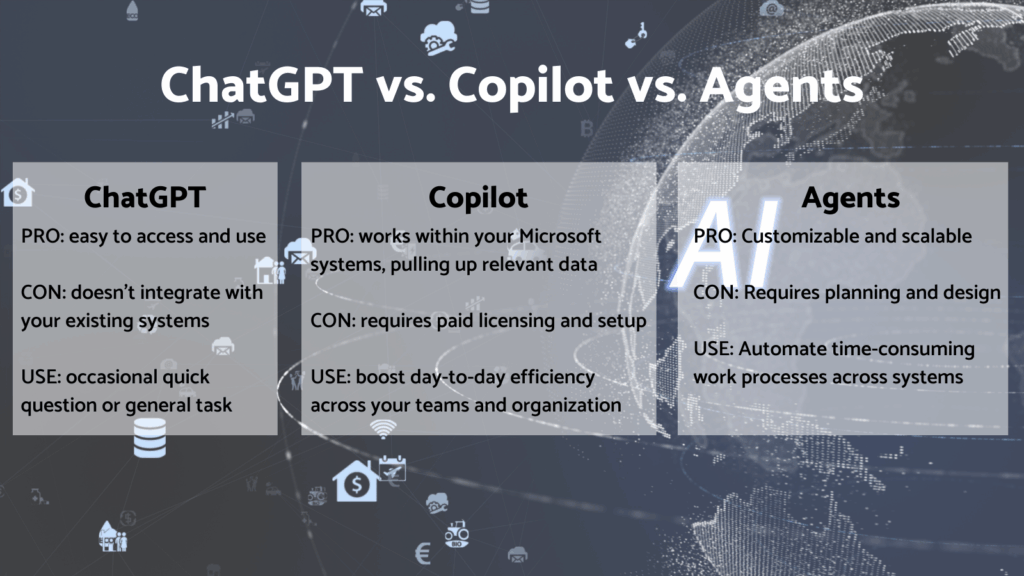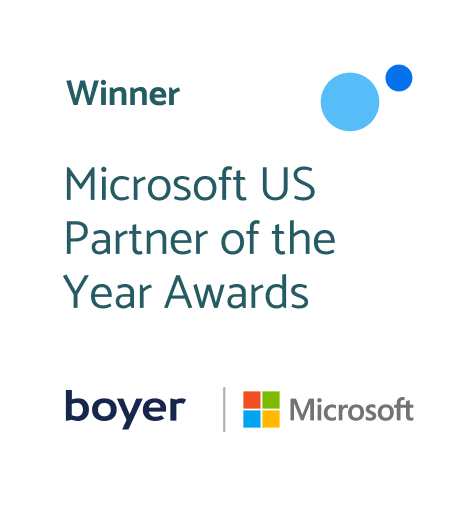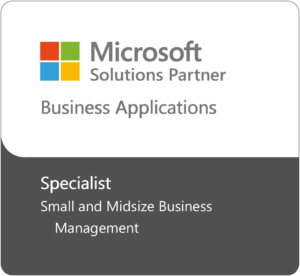AI is everywhere – but not all AI is created equal. From ChatGPT to Microsoft Copilot to custom-built agents and so much more, each AI tool serves a different purpose. So what’s the difference, and which one should you use?
Let’s break it down to see what these key AI tools do and where each of them shines.

What is ChatGPT?
OpenAI’s ChatGPT made big waves when it debuted in late 2022. Within weeks it was the top buzzword in news, business and even personal conversations. Their 2025 Superbowl ad only reinforced the idea that ChatGPT is a well-known AI tool.
But what exactly is it? In technical terms, it’s an advanced AI chatbot that relies on large language models.
In other words, it talks like a human, conversing in natural language to answer your questions, summarize information or help brainstorm ideas. The free version has search limits, but you can pay to access more features and faster responses.
- Pro: easy to access and use
- Con: doesn’t integrate with your existing systems
- Use: occasional quick question or general task
What is Microsoft Copilot?
Copilot is Microsoft’s embedded AI assistant, designed to help you work faster inside the Office tools you use every day. It works across the productivity suite including Outlook, Teams, Word, Excel and PowerPoint.
This means that Copilot has access to your internal work environment, such as your emails, Teams chats and shared documents. For example, you can ask Copilot to help you prepare for your next meeting or draft a response to an email. In short, it’s a great “digital assistant.”
You can choose to work within web mode (accesses public sources) or work mode (relies solely on your organization’s data).
- Pro: works within your Microsoft systems, pulling up relevant data
- Con: requires paid licensing and setup
- Use: boost day-to-day efficiency across your teams and organization
What are AI agents?
This is where we get into the strategic heavy lifting with Microsoft AI tools. AI Agents are custom-built workflows that automate complex tasks, often across multiple systems. They can help you connect disparate data and solve long-standing business problems.
Your company can use agents to assist with tasks such as processing orders from start to finish or managing inventory. You can also create an agent to work alongside Copilot, bringing the best of both AI tools to your team.
- Pro: Customizable and scalable
- Con: Requires planning and design
- Use: Automate time-consuming work processes across systems
Did you know? Boyer has created custom agents to assist business owners within Microsoft’s cloud ERP. Ask us about Boyer Central Agent and SmartStock.
What about other tools?
Of course, Microsoft Copilot or ChatGPT aren’t the only options available. There are literally hundreds of AI tools now, often for specific use cases. Here are a few popular ones:
The backbone behind a Google search’s AI Overview is called Gemini. Ask a specific question in Google these days and you’ll now see a few paragraphs above the list of search result links. This is a summary of those top results, with link buttons that allow you to dive deeper into a specific source. It’s a great way to get details on a topic from multiple sources in one easy-to-read format.
Perplexity is a similar AI search tool but it focuses on providing textual answers rather than links.
Claude is an AI chatbot similar to ChatGPT, but it prioritizes privacy and focuses more on long-form content (such as legal documents) and complex reasoning (strategic plans).
You’ve probably heard about DeepSeek too, a Chinese AI tool that was designed to compete with ChatGPT. It has drawn attention for its efficiency as well as its approach to content moderation.
We won’t even get into task-specific tools such as Grammarly (editing), Canva (designs), GitHub Copilot (coding) and hundreds more. The AI Tools Directory touts itself as the best comprehensive list of AI tools. While each of these tools can be useful on their own, they are often disconnected and unmanaged.
So should I use Copilot or ChatGPT?
If all you want is a tool to assist with one specific task or a simple AI solution for everyday use, ChatGPT or one of the other options above might work just fine.
However, if you’re looking for a secure, well-vetted and comprehensive AI solution, the Microsoft ecosystem has what you need. Unlike standalone tools, Microsoft’s AI solutions are deeply integrated, secure and scalable — making them idea for enterprise use.
Boyer can help you purchase Copilot licenses, set them up and train your team on how to use Microsoft’s AI tech stack. We have Copilot workshops designed to help get you up and running quickly so you can start realizing ROI.
Contact us today to get started on working more efficiently within your Microsoft toolset!



